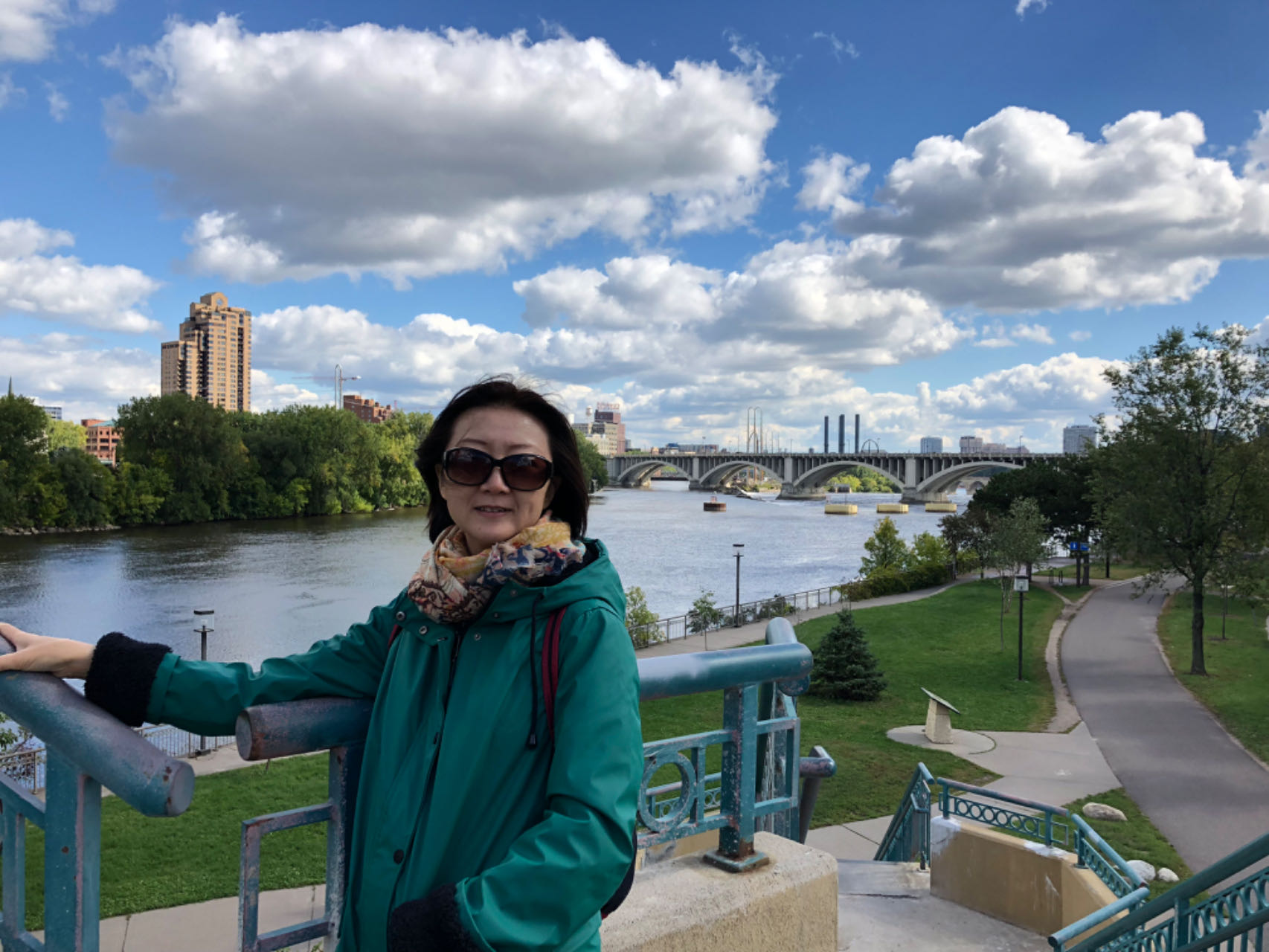
Helen Jia, Country Director China
It’s no secret that within the energy sector—encompassing everything from conventional fossil fuels to renewable power sources across the globe—there is a noticeable absence of women.
The gender gap, like in a lot of industries, is most pronounced in C-suite and leadership positions. We talked to ARE’s China Country Director about the gender gap, how she got her start, and more.
Why do you think there’s a gender gap in Energy Transition (ET)?
HJ: In ET traditional gender roles often dictate that hands-on fieldwork is less suitable for women compared to roles like teaching or research. Coupled with societal expectations of women’s maternal roles, many women find themselves having to surpass their colleagues to gain recognition in the industry.
How would you empower more women in the industry?
HJ: When I think about empowering women in Energy Transition, I laugh to myself, because my path was not linear at all. But I have four personal philosophies that led me to the work that I’m very passionate about.
1. Take a risk.
2. Never stop learning.
3. Bet on yourself.
4. Find satisfaction and passion in what you do.
What types of risks have you taken in your career?
HJ: Initially, I studied medicine and both I—and my parents—fully anticipated me having a lifelong career in the medical field. While I enjoyed treating patients, the long hours, low salary, and set career path seemed a little too safe and a bit dull. I took a risk by “breaking the iron bowl” as we say in China and leaving medicine on a quest for a different future.
Aiming to earn more money, I moved into medical instrument distribution, which still used my medical training. However, it didn’t satisfy my curiosity and thirst for knowledge.
This led me to push even further from my comfort zone, helping me discover that taking a risk brings more value into your life and what may initially seem hard, really isn’t that hard at all.
So how did you move from marketing medical instruments to working in energy?
HJ: My second philosophy is “Never Stop Learning.” So, even after many years of schooling and medical training, I decided to take a chance, move to Europe, and attend ESCP-EAP (European Business School), where I studied European economics for two years, partly in Paris and partly in Oxford, and then completed an internship in London.
It was a very different type of education than I was used to. In China, there is a lot of rote learning—teachers lecturing, and students just absorbing, but not questioning. In Europe, I was encouraged to learn and think in significantly different ways. This opened my mind and gave me confidence and the belief to go after something new and different.
While in Europe, I started learning about a new crisis for the planet—Climate Change. I read the entire United Nations Framework Convention on Climate Change (UNFCCC), immersed myself in international policies, and studied various mechanisms, mitigation and adaptation strategies, and research reports outlining different countries’ stances on climate change. It was fascinating, feeding my quest for curiosity and energising me to go further and learn more.
Even now, I firmly believe you should never stop learning. I am constantly reading about new technologies and policies in the sector, and thinking about ways we can implement these with our work at Asia Research and Engagement (ARE).
One more word about learning. I think it’s very important to develop a cross-border way of thinking. Otherwise, you will only stay in your limited circle, limiting your growth and potential for satisfaction and reward. It’s critical to read everything about an issue, problem, or emerging area and see all sides to understand the whole picture before you make any judgment. Don’t allow filtered information to make you miss the big picture.
So how did you move from learning to doing?
HJ: Well, that’s philosophy number three, “Bet on Yourself.” Taking my newfound knowledge, I bet on myself and landed a job at First Climate, as a China representative searching for a project to deliver certified emission reduction credits. Little did I know that this would put me at the forefront of climate change initiatives and make me a pioneer in the carbon finance arena. It also enabled me to dive into the energy, heavy industry, and environmental protection fields.
I’m not actually sure if I found Energy Transition or Energy Transition found me. But, either way, I’m very passionate about it, which is my fourth philosophy—find satisfaction and passion in what you do. When speaking with young women, I always encourage them to think about themselves first. As women, we need to stop putting everyone else ahead of ourselves. Especially in China, it’s very traditional for women to take on the family duties and sacrifice their career satisfaction and often their passion, in service of others. I believe you need to value yourself and cannot use living for others as an excuse not to live for yourself. You need to ask, “Am I happy in my career? Do I want more? How can I control that?”
For me, moving into the field of Energy Transition gave me, and continues to give me, immense satisfaction. Is it always challenging? For sure. But I’m proud of myself for doing something meaningful. It’s interesting, when my daughter was about seven years old she said, “Mom, your patient is the Earth, not humans anymore.” So, maybe I’m not so far from where I started after all.
Helen leads ARE’s Energy Transition work and team in China. She has extensive knowledge and expertise in greenhouse gas emissions reduction and climate change matters in China. Having over 25 years of commercial experience working in the energy, industrial, and financial sectors, Helen has successfully implemented key projects for a wide network of corporations and government entities.


